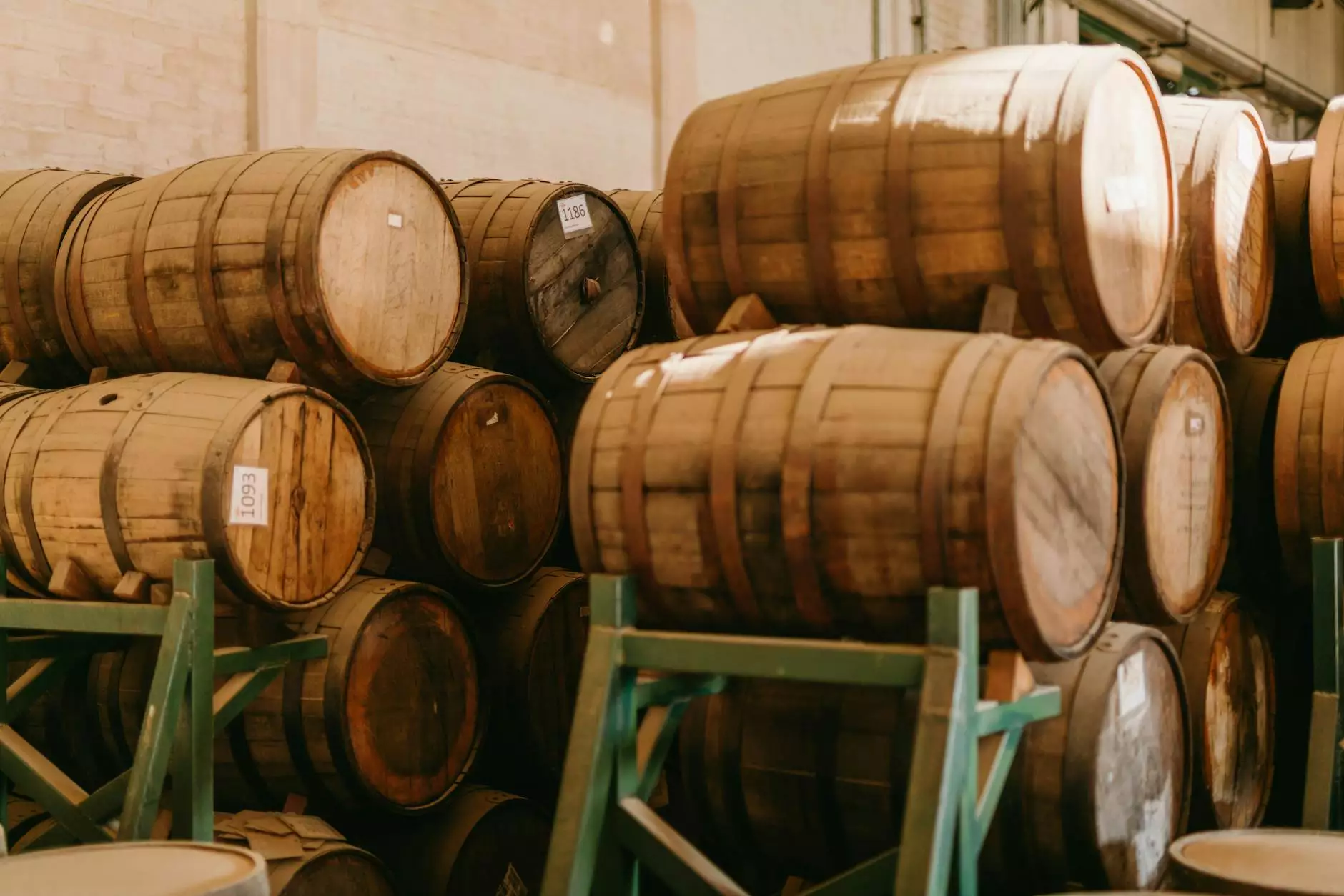Understanding Plastic Mold Manufacturers: A Comprehensive Guide

The realm of plastic mold manufacturers is dynamic and integral to the manufacturing industry. From small-scale operations to large conglomerates, these manufacturers play a pivotal role in producing a plethora of products that touch everyday life. This article delves into the intricacies of this business, focusing particularly on the categories of Plastic Mold Maker and Plastic Injection Mould Manufacturer. By the end, you will have a keen understanding of what defines quality and success in this sector, particularly through the lens of hanking-mould.com.
The Role of Plastic Mold Manufacturers
Plastic mold manufacturers are specialized businesses that create molds used for shaping plastic materials. These molds are critical in the production process, allowing for high-volume manufacturing while maintaining consistency and precision. Understanding their role involves exploring several facets:
1. Types of Plastic Molds
There are several types of molds that plastic mold manufacturers produce:
- Injection Molds: These are the most common types of molds used in the plastic manufacturing process. They involve injecting molten plastic into a mold cavity, where it cools and solidifies into the desired shape.
- Blow Molds: These molds are used to create hollow plastic products, such as bottles. The process involves inflating heated plastic into the shape of the mold.
- Rotational Molds: Used for larger, hollow products, rotational molding involves rotating a mold filled with resin as it heats to form an even distribution of material.
- Compression Molds: These molds are used for thermosetting plastics, where materials are compressed in the mold to create a strong product.
2. The Manufacturing Process
The manufacturing process for plastic molds typically involves several steps:
- Design: The first step is creating a precise design of the mold using CAD software. This stage is crucial as it sets the foundation for the mold’s functionality.
- Material Selection: Choosing the right materials is essential for durability and longevity of the molds. Common materials include steel and aluminum.
- Machining: The mold components are machined using CNC machines to achieve the necessary specifications and tolerances.
- Assembly: Once all components are machined, they are assembled to form the complete mold.
- Testing: The finalized mold is tested to ensure it operates correctly and produces the desired outcomes.
The Importance of Quality in Mold Making
Quality assurance is paramount in the domain of plastic mold manufacturers. Poor-quality molds can lead to defective products, resulting in substantial financial losses and reputational damage. Here's what encompasses a quality mold:
1. Precision Engineering
Precision is non-negotiable in mold manufacturing. High-quality molds should have exact dimensions that conform to the design specifications. This precision ensures that the final product meets quality standards and fits seamlessly into its application.
2. Material Integrity
The materials chosen for molds significantly affect their performance. High-grade steel or aluminum should be used to enhance durability, withstand repeated use, and resist wear over time.
3. Surface Finish
A smooth surface finish is critical for molds as it directly influences the final product's surface quality. Inadequate finishing can lead to defects like surface blemishes or uneven textures.
Innovation in Plastic Mold Manufacturing
The plastic mold manufacturing industry is witnessing rapid advancements due to emerging technologies. Companies are now exploring innovative solutions to enhance efficiency and product quality:
1. Additive Manufacturing
Additive manufacturing, or 3D printing, is revolutionizing mold design and production. This technology allows for rapid prototyping and customization of molds, reducing lead times and costs. Manufacturers can now create complex geometries that were previously impossible with traditional manufacturing methods.
2. Automation and Robotics
Automation in mold manufacturing streamlines processes, reduces labor costs, and increases precision. Robotics can take over mundane tasks such as loading and unloading materials, allowing skilled workers to focus on more complex tasks that require human intervention.
3. Smart Manufacturing
The incorporation of IoT (Internet of Things) technologies means that molds and manufacturing equipment can communicate data to optimize performance. This trend enables real-time monitoring, predictive maintenance, and ultimately enhances the manufacturing ecosystem.
Key Challenges Facing Plastic Mold Manufacturers
While the industry is filled with opportunities, it also faces several challenges that manufacturers must navigate effectively:
1. Cost Management
As manufacturing technologies advance, the costs associated with high-quality materials and sophisticated machinery can escalate. Finding ways to manage these costs while maintaining quality is vital for manufacturers.
2. Environmental Regulations
The increasing emphasis on sustainability calls for mold manufacturers to adopt eco-friendly practices and materials. Compliance with environmental regulations can be both a challenge and an opportunity for differentiation in the competitive market.
3. Skill Shortages
The industry requires highly skilled labor to ensure precision and quality in mold manufacturing. However, a diminishing workforce with the necessary skills poses a challenge for manufacturers striving to meet demand.
The Future of Plastic Mold Manufacturing
The future of plastic mold manufacturers looks promising as innovation and technology continue to shape the industry. The following trends are likely to prevail:
1. Sustainable Practices
With globalization and an increased focus on sustainability, manufacturers are expected to adopt more eco-friendly practices. This includes using recyclable materials and reducing waste during the production process.
2. Customization and Flexibility
As market demands shift, manufacturers who offer customization and flexibility in their production processes will have a competitive edge. Being able to adapt quickly to customer needs will be invaluable.
3. Continuous Innovation
Remaining competitive will require a commitment to continual innovation. Embracing new technologies and keeping pace with market trends will be essential for plastic mold manufacturers.
Conclusion
In conclusion, the business of plastic mold manufacturers is crucial to both the manufacturing industry and the daily lives of consumers. The focus on quality, innovation, and sustainability will determine the future landscape of this industry. As you consider partners in this field, websites like hanking-mould.com exemplify the standards and practices that will lead the way forward. By understanding the complexities and opportunities presented by plastic mold manufacturing, businesses can position themselves for long-term success in an ever-evolving market.



